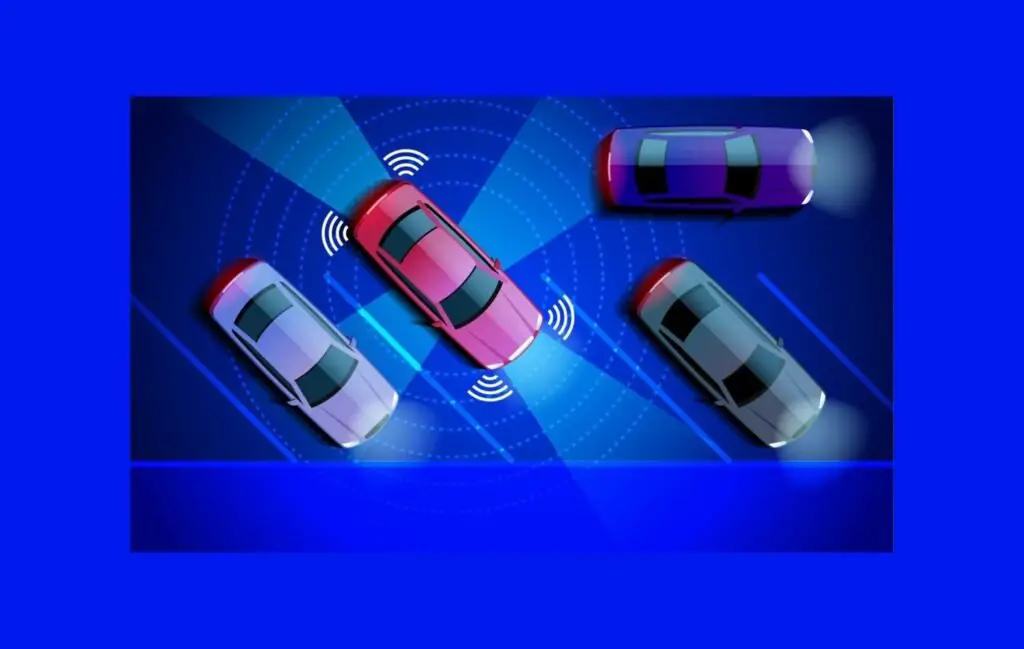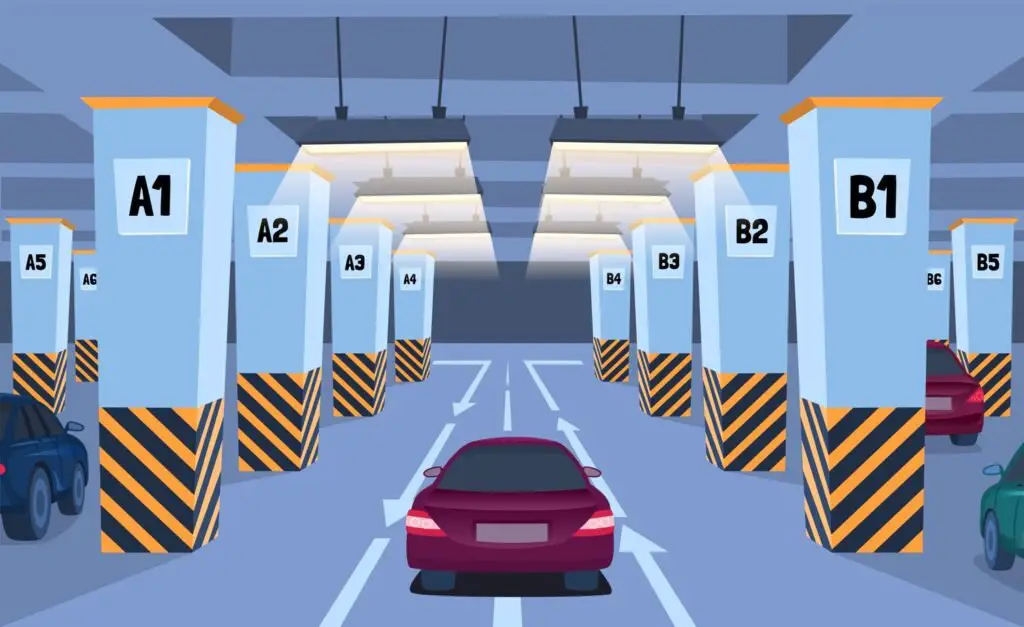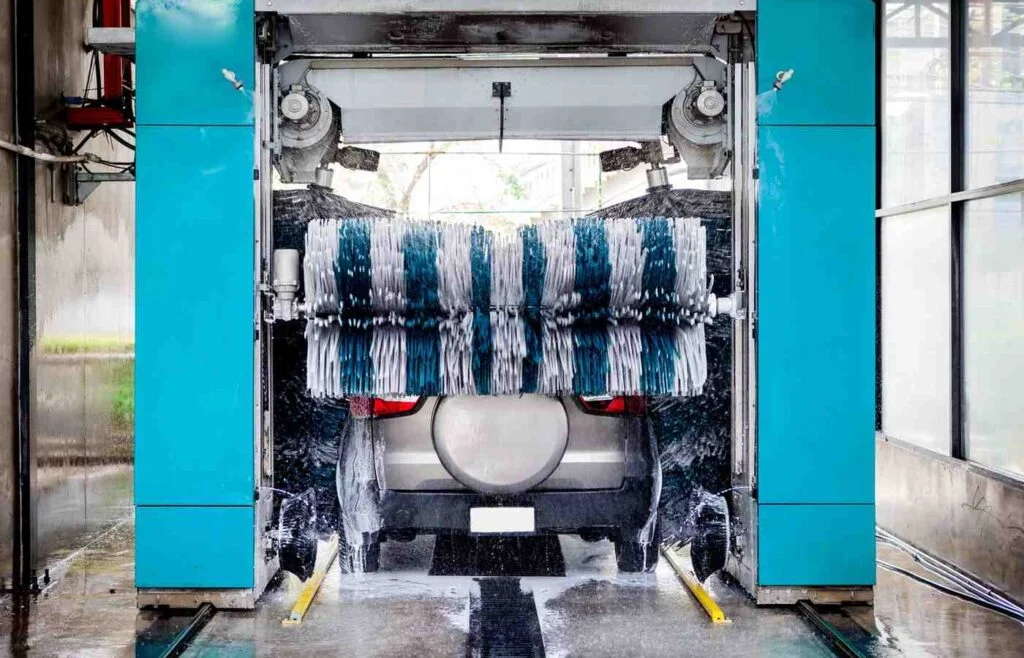Are you sick of the complex modern technology? Truly understandable! Buzz terms like Natural Language Processing (NLP), Generative AI, and Robotic Process Automation (RPA) may spin your head. And, when it comes to Automation vs AI, things become more confusing. Both terms break down to the same abbreviation (AI) making it more trickier. People often mix the concept of automated intelligence with artificial intelligence. Let’s break down the major differences between artificial intelligence and automated intelligence!
What Do You Mean By Automated Intelligence?
Automated intelligence refers to systems that perform tasks automatically without human intervention. These systems use predefined rules and algorithms to execute repetitive or routine tasks efficiently. Automated intelligence doesn’t “think” or “learn” like artificial intelligence; instead, it follows specific instructions to perform its functions. It’s commonly used in business processes to increase productivity and reduce the need for human input in simple, repetitive tasks.
When most people talk about automated intelligence, they most likely mean automation or artificial intelligence. Both are different categories of technology!
What is Artificial Intelligence?
Artificial Intelligence (AI) is all about making machines smart. It helps them do tasks that usually need human intelligence. Think of intelligent automation—it’s when AI takes over repetitive jobs. Artificial intelligence and automation work together to make things easier and faster.
When we talk about AI in technology, we mean creating systems that learn and adapt. For example, AI can power chatbots for customer service or automate data analysis in businesses. These are great intelligent automation examples. AI is changing how we work and live!
Difference Between Automated Intelligence and AI
Automation Vs. AI
This gets us to the automation vs AI debate.
As previously stated, AI and automation are frequently discussed in the same context. Although the two ideas overlap, intelligent automation (cognitive automation) is not the same as artificial intelligence (AI). The distinctions between IA, AI, robotics, and other business process management (BPM) platforms are difficult to make since they are always changing and becoming more hazy.
Automation is about setting up robots to follow the pre-defined rules. Intelligent automation is based on training systems to perform repetitive tasks similarly. It doesn’t mean that automation doesn’t require human assistance for extracting data. Automation is still based on human input, but, yes not every single time!
Intelligent Automation Example
For example, many companies use AI-powered customer service chatbots on their websites. These chatbots use natural language processing (NLP) to understand and respond to customer questions, providing instant support and reducing the need for human intervention. Similarly, open-source home automation systems like Home Assistant and OpenHAB use AI to manage smart home devices, enabling users to automate tasks and control their environment with voice commands or set routines.
Artificial intelligence isn’t meant to replace automation for monotonous work. Instead, AI is made to be more intellectually similar to humans and capable of carrying out tasks that humans learn by looking at patterns and previous results. Unlike intelligent automation, AI meaning in technology isn’t only limited to doing repetitive tasks in the same way (pre-guided). Instead, AI gives creative paths to enhance technology.
AI Example
For example, Artificial intelligence (AI) technology, and more specifically Natural Language Processing (NLP), can be used to decipher the email’s request and determine its intended meaning. The AI robot can then instantly respond with a solution that instantly fixes the customer’s issue based on that interpretation.
Intelligent Automation Vs. AI | Key Differences
| Intelligent Automation (IA) | Artificial intelligence (AI) |
| IA aims for operational efficiency by reducing human intervention in repetitive tasks. | AI seeks to create systems that can think, reason, and make decisions, potentially leading to new innovations. |
| Enhances productivity, reduces operational costs, and helps to be creative with different operations | Improves productivity, reduces operational costs, and helps to be creative with different operations |
| Lacks human intervention | Can’t proceed without human intervention |
| IA typically involves technologies like Robotic Process Automation (RPA) and workflow automation. | AI uses machine learning, natural language processing, and neural networks |
Is Automation Artificial Intelligence?
No. Though they are two different ideas, automation and artificial intelligence can cooperate and enhance one another. Although automation is not intrinsically intelligent, it can become so if machine learning (ML) is used. This allows the automation process to receive fresh data, interpret it, learn from it, and start making better and more informed decisions on its own.
The Future of Automated Intelligence and AI
The future of Automated Intelligence and AI is set to revolutionize how we live and work. Picture this: your morning starts with an AI-powered assistant that not only wakes you up but also adjusts the room temperature, brews your coffee just the way you like it, and schedules your day based on your preferences.
Automated Intelligence is already making its mark in industries like healthcare, where robots assist in surgeries with precision, and in retail, where chatbots handle customer inquiries instantly, allowing human agents to focus on more complex issues. As these technologies advance, they’ll blend even more seamlessly into our lives, making everyday tasks simpler and freeing up our time for creativity and connection.
Whether it’s optimizing your grocery shopping experience or helping businesses make data-driven decisions, the fusion of AI and Automated Intelligence will continue to enhance our world in ways that feel natural and intuitive. Staying informed and adaptable will be key to thriving in this exciting new era.
Wrapping Up
We hope you won’t mix automated intelligence and artificial intelligence anymore. Both technological systems are built to help complex business processes with their specifications. Although, the concept of intelligent automation is different from AI, but still, both are beneficial for humans. So, benefit the robotic world and automation for human well-being!
Frequently Asked Questions
What is the difference between automation and artificial intelligence?
Automation is all about automatically performing repetitive tasks, while AI is more creative and capable of performing complex tasks with innovation.
Is automation a subset of AI?
Yes, automation or intelligent automation is a subset of AI. Automation involves predefined rules to perform any task without human intervention.
What is automation in real life?
Automation in real life is using technology for tasks to improve speed and efficiency without human help—for example, automatic vacuums and online bill payment.
Is intelligent automation the same as AI?
There is a clear distinction between artificial intelligence (AI) and intelligent automation (IA). Intelligent automation combines automation with AI technologies to handle complex tasks, while AI is a broader field focused on creating systems that mimic human intelligence. Intelligent automation uses AI, but they are not the same.




Pingback: Top 10 Open Source Home Automation Systems - Tech-Whistle
Pingback: What is Cognitive Automation? Why Smart Businesses Are Choosing It - Tech-Whistle
Pingback: Janitor AI: The Revolutionary Tool You Didn’t Know You Needed! - Tech-Whistle
Pingback: Ai Dungeon How to Restart? Your Quick Guide! - Tech-Whistle